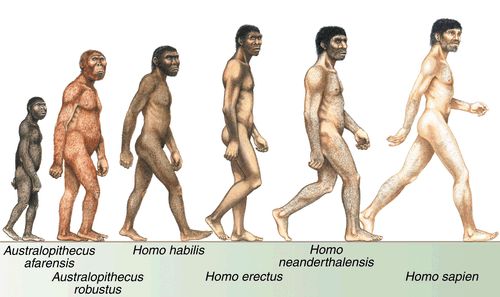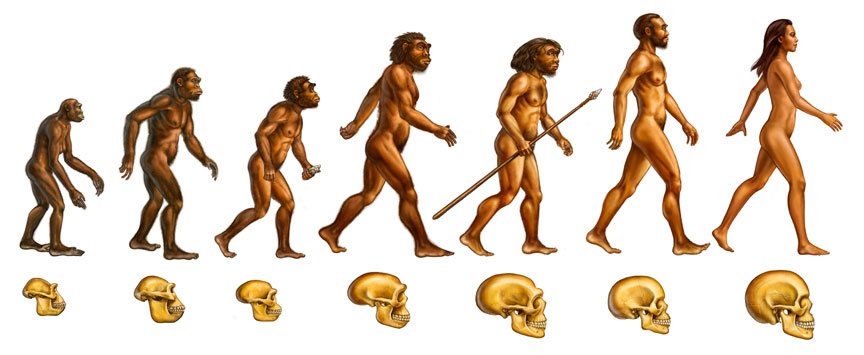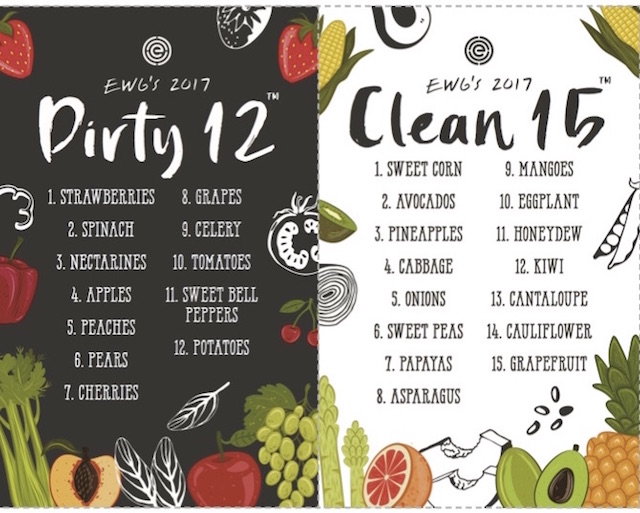There is so much talk about whether our diets ought to mimic that of early humankind or that of our distant primate relatives. How about we eat like the modern, educated humans that we are instead of like the past versions of ourselves who do live and have lived in very different worlds, under immensely different circumstances, with vastly different available choices?

Rather than aim to eat like wild chimpanzees, with whom we share very similar DNA, let’s eat like modern humans who live much of their lives inside architectural structures and have grocery stores, markets, and restaurants from which to procure food.
Rather than aim to eat like pre-agriculture Paleolithic humans, let’s eat like modern humans who do live in the post-industrial age with vast food distribution systems.

Eating like a chimpanzee or a caveman might be an improvement over eating an uneducated, unexamined Standard American or Western diet, however most of us have ample access to knowledge and science on our smart phones alone, not to mention books and teachers. This information can guide us to determine how to best eat as the creatures we are today living in the modern world.
Chimpanzees can’t walk into a grocery store and make choices. Cavemen and cavewomen didn’t have this option either. Modern humans (not all, but most of us in developed areas) can walk into a grocery store, supermarket, farmers market, or restaurant and choose to eat foods that satisfy, nourish, and fuel our lives.

If we make food choices solely on satisfaction, I think we’d all gravitate to high fat and salted foods and/or high fat and sweet foods. These taste good and rev up the happy chemicals in our brain and body. These options may fuel us but they won’t necessarily nourish us. The unexamined, uneducated Standard American or Western diet falls heavily in the realm of satisfaction, pleasure, and comfort.
If we make food choices based solely on nourishment, we will have to know from resources (internet, books, teachers) which foods are nourishing or wait to see if we get sick or not from the foods we consume. With our constant access to information, we can learn which nutrients we need for health and find which foods are most abundant in them. We can learn which foods or lifestyle habits deplete nutrients and avoid consuming those.
If we make food choices based solely on fueling our lives we’d probably gravitate to sugar and stimulants like caffeine. However if some research were done, we’d learn pretty quickly that eating this way creates disease from lack of nutrients and eventual burnout.

Time and history have demonstrated that humans have been very nutritionally adaptable creatures. We have moved around the globe and into various climates. Our diets generally were based on what was available. Today modern humans have made “hunting and gathering” unnecessary. It takes just as much effort to get to the store or market, fill a buggy or basket, check out, and get the goods home. Modern educated humans would undoubtedly fill their carts with equally satisfying, nourishing, and fueling foods.
If it nourishes and doesn’t satisfy or fuel, we won’t eat it often or again.
If it satisfies but doesn’t nourish or fuel, we won’t eat it often or again.
If it fuels but doesn’t satisfy or nourish, we won’t eat it often or again.
Today’s humans who have taken the time to educate themselves about basic nutritional tenants will keep these guidelines in mind when shopping:
1. avoid factory farmed meat, dairy, eggs, and honey (factory farms supply 99% of restaurants and grocery stores)
2. avoid overly processed food-like consumables (junk food, fast food, candy)
3. avoid refined sugar
4. avoid refined salt
5. avoid refined oils/fats
6. avoid refined grains (white flours)
7. choose organically grown options according to the EWG list when possible/available (Dirty 12: buy organic, Clean 15: okay to buy conventional)
8. avoid GMOs to minimize carcinogenic glyphosate
9. minimize or eliminate caffeine (depletes nutrients)
10. minimize or eliminate alcohol (depletes nutrients)

These guidelines address the nutritional issues facing modern day humans. Without some basic nutritional education (available via internet access or public library) anyone can succumb to modern day diseases.
If we lived in the pristine, non-industrialized wild as did cavemen and as do chimpanzees, our food options would be different and we would have to make different choices, but we don’t. Let’s use technology, science, and innovation to our advantage and discover what are the best illness-preventing, life-enhancing food options for humans today.

Dear modern human who shops at grocery stores, markets, and restaurants: let’s eat like people who have food options, who have access to nutritional science, who live on a planet with polluted air, water, and land largely from factory farms, who have access to biological science that informs us that animals feel pain and can suffer. And, no, don’t ask me about the millions of people around the globe who don’t have food choices and what I think they should eat because I think they should eat whatever they can to survive. That’s not you or me.
I’m talking about thriving and making choices that will enable others to thrive. The day has come when we need to stop looking back or horizontally, and look at today, tomorrow, and 50 years from now. Our food choices need to be seated in these realities. We need to eat and drink clean, green, renewable, sustainable, nourishing, fueling, kind, and, yes, satisfying food. We are modern. We are educated. We can do this!
Additional Resources

{ 0 comments… add one now }